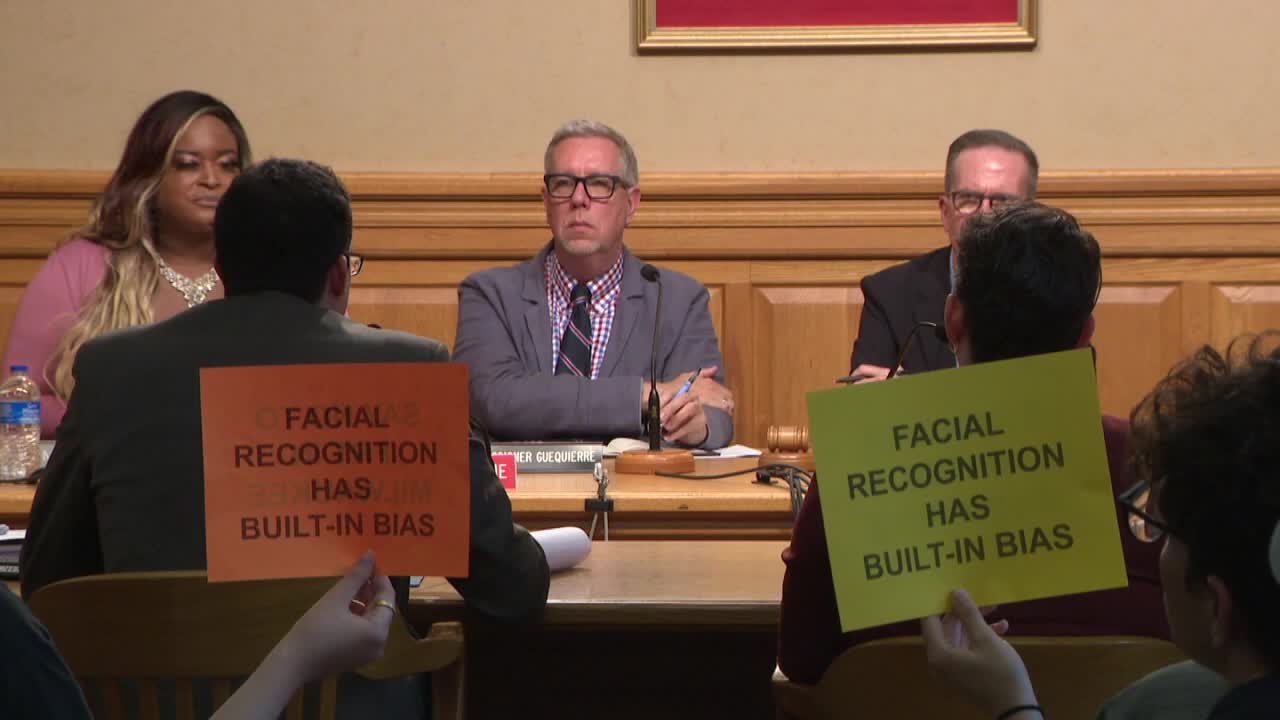Milwaukee Police's Facial Recognition Push Sparks Privacy Concerns & Community Debate

The Milwaukee Police Department (MPD) is facing mounting scrutiny and community concern over its proposal to expand the use of facial recognition technology. While proponents argue it's a valuable tool for crime prevention and solving investigations, opponents raise serious questions about privacy, accuracy, and potential for bias. This article delves into the debate, exploring the MPD's justification, the community's anxieties, and the broader implications of widespread facial recognition deployment in Milwaukee.
The MPD's Perspective: A Tool for Enhanced Safety
The MPD maintains that facial recognition technology can significantly enhance public safety. They envision using it to identify suspects in ongoing investigations, locate missing persons, and potentially deter crime by increasing surveillance capabilities. According to Police Chief Jeffrey Norman, the technology would be used judiciously and with proper oversight, focusing on serious crimes and ensuring individual rights are protected. The department highlights the potential to streamline investigations and bring closure to victims and families.
Community Concerns: A Slippery Slope to Mass Surveillance
However, the proposal has been met with strong resistance from civil liberties groups and community organizations. Critics argue that widespread facial recognition creates a chilling effect on free speech and assembly. They worry about the potential for misidentification, particularly impacting marginalized communities who are already disproportionately targeted by law enforcement. Concerns are also raised about data storage and security – how the collected biometric data will be stored, who will have access to it, and how it will be protected from breaches or misuse.
“This isn't about being anti-police; it’s about being pro-privacy,” stated a representative from the American Civil Liberties Union (ACLU) of Wisconsin. “Facial recognition technology has a documented history of inaccuracy, especially when identifying people of color. Implementing it on a large scale risks exacerbating existing inequalities within the justice system.”
Accuracy and Bias: A Critical Examination
Studies have repeatedly demonstrated that facial recognition algorithms can be biased, exhibiting significantly higher error rates when identifying individuals with darker skin tones or women. This bias stems from the datasets used to train these algorithms, which often lack diversity. The potential for wrongful identification and subsequent targeting by law enforcement is a major source of concern. The MPD has stated it will prioritize using reputable and tested systems, but the inherent limitations of the technology remain a significant challenge.
Oversight and Regulation: Finding a Balance
The debate isn't necessarily about whether facial recognition technology should be used at all, but rather *how* it should be used and under what safeguards. Many advocates are calling for strict regulations, including:
- Transparency: Clear guidelines on when and how facial recognition data is collected, stored, and used.
- Independent Oversight: An independent body to review and audit the MPD’s use of the technology.
- Data Minimization: Limiting the collection and retention of facial recognition data to only what is absolutely necessary.
- Right to Redress: Providing individuals with a mechanism to challenge misidentifications or seek redress for harm caused by the technology.
The Road Ahead: A Community Conversation
The MPD's proposal is currently under review by the Milwaukee Common Council, and public hearings are planned to allow for community input. The outcome of this debate will have significant implications for the future of policing and privacy in Milwaukee. Striking a balance between public safety and individual rights will require thoughtful consideration, open dialogue, and robust oversight mechanisms. The community's voice is crucial in shaping the responsible and ethical use of this powerful technology.






